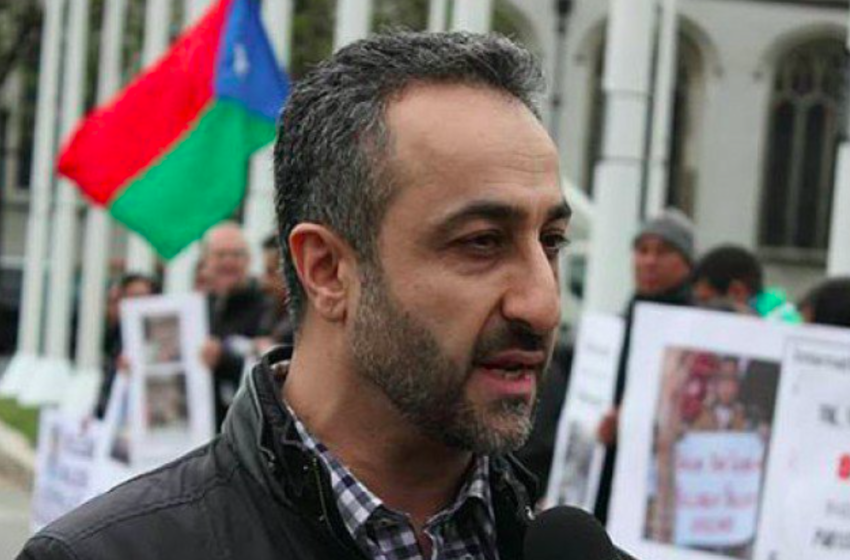Indian State Should Focus on Unconventional Methods: Jamal Nasir Baloch
Hyrbyair Marri exposed Bias of Pakistan’s Political Structure and Media

LONDoN: Hyrbyair Marri, President of the Free Balochistan Movement, has voiced strong criticism of Pakistan’s political system, calling attention to the continued occupation of Balochistan and the dominance of the Punjabi elite.
In a recent post on X (formerly Twitter), Marri highlighted the stark contrast between how political figures from Punjab are treated compared to those from Khyber Pakhtunkhwa (KPK), stressing the inequality ingrained in Pakistan’s governance.
Marri reiterated that Balochistan has “historically never been part of India” and, by extension, cannot be considered a part of Pakistan. He emphasised that the division of the subcontinent by British colonial powers created arbitrary borders that ignored the distinctiveness of Balochistan’s geopolitical and cultural identity.
According to Hyrbyair Marri, the true nature of Pakistan’s oppression of Balochistan is demonstrated in the control exerted by the “Punjabi elites” and the Pakistani military commonly referred to as the “establishment”.
He wrote that there was a fear-driven political climate in Pakistan, where even the term “establishment” is used as a euphemism to avoid retribution from the army.
Marri also pointed to a recent incident involving Ali Amin Gandapur, the Chief Minister of Khyber Pakhtunkhwa, who announced his intention to hold peace talks with Afghanistan. The reaction from Pakistani politicians and media, according to Marri, was an outburst of propaganda against Gandapur. His move was met with extreme disapproval, as if the act of a provincial leader seeking peace with a neighbouring country was an act of defiance against the dominance of Punjab.
In contrast, when Maryam Nawaz, the Chief Minister of Punjab, took a week-long trip to China and signed multiple agreements, she was met with praise from the same political and media circles that had condemned Gandapur. Marri questioned the underlying bias, suggesting that KPK is treated as a subjugated, “conquered” region, while Punjab, home to the Pakistan’s political and economic elite, is viewed as the sole authority.
Marri’s statement reflects the persistent inequalities and biases within Pakistan’s political landscape, particularly in how Balochistan, Sindh and Khyber Pakhtunkhwa are governed and represented. His remarks also reinforce his longstanding call for the recognition of Balochistan’s right to freedom and the end he calls the colonial-style occupation Balochistan by the Pakistani state.









